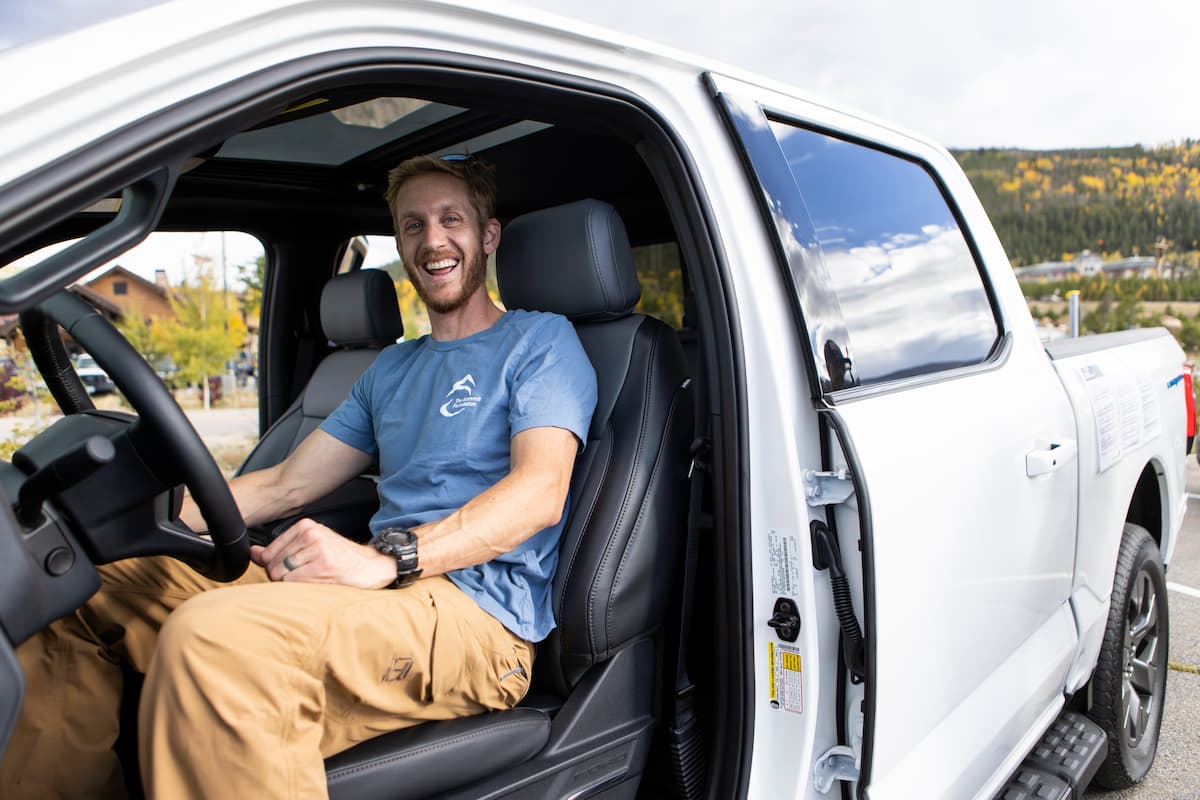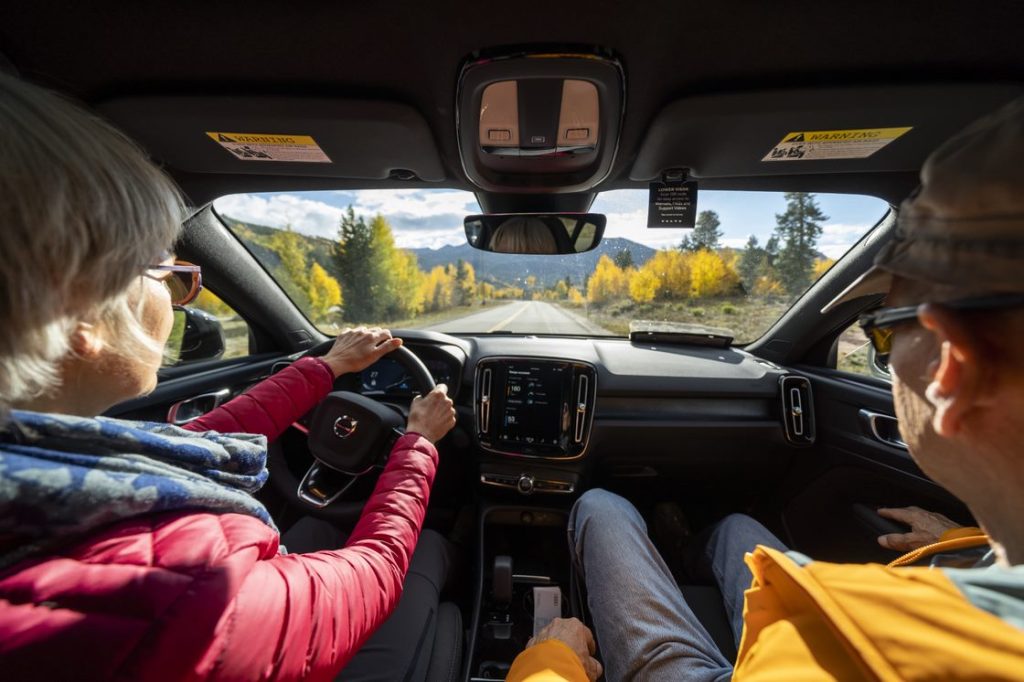
Dear Eartha, I’m just one person, and climate change feels so big. What could I possibly do to help?
I had a conversation with a friend recently during which she lamented that trying to fix the climate crisis feels like “trying to boil the ocean.” It’s big, it seems insurmountable and it’s discouraging. These are reasonable reactions given the scope and scale of the problem.
We who live in the Northern Hemisphere just experienced the hottest summer on record. Between June and August, temperatures in the U.S. were 2.3 degrees Fahrenheit above average. Death Valley hit 129 degrees. In Phoenix, temperatures topped 110 degrees for 31 days straight. It was so hot that folks who tripped and fell on roads and sidewalks ended up in hospitals for burn treatments. And, though it’s old news by now, let’s not forget the Canadian wildfires that smothered the East Coast with smoke.
The extremes from this past summer are enough to make anyone give into climate inaction. But the thing is, inaction doesn’t fix anything. Inaction means we continue the status quo of burning fossil fuels, sending ever more greenhouse gases into the atmosphere. Inaction makes things worse — even here in Summit County.
The antidote to climate inaction is simple — it’s action. I checked in with Colorado Mountain College psychology professor Drew Mikita to ask about the relationship between action and hope. He shared that when we humans focus on what we can’t do, we get overwhelmed and quit. But, by focusing on what we can do — even if these actions seem small in relation to the climate crisis — we regain control, which leads to empowerment and hope.
“For example,” he said, “I can’t stop a celebrity from flying a private jet. But can I drive an electric car? Yes.”
The importance of individual actions is that they’re magnified when they become collective. Consider the community impact of High Country Conservation Center’s free food scrap composting program. More than 3,000 households across the county participate. Collectively, they’ve diverted over 265,000 pounds of food from the landfill this year — according to data from the Summit County Resource Allocation Park, that’s an increase of over 56% compared to last year.
Need another example? When our communities collaborated on the first-ever greenhouse gas emissions inventory for Summit County back in 2017, there were just 49 registered electric vehicles in the county. And now? There are 683 EVs registered in Summit (including plug-in hybrids). In the past six months, EVs have accounted for over 6% of all new vehicle registrations locally.
Moreover, the Inflation Reduction Act is poised to make a very big difference nationwide. Data from Princeton University shows that over the next decade, nearly 30% of the emissions reductions expected from the bill will result from consumers switching to electric cars and appliances like heat pumps and induction ranges. Talk about collective impact.

In celebration of collective action, the conservation center is hosting Climate Action Week this Oct. 2-5. This series of events is designed to inspire engagement, whether through energy efficiency, waste reduction, driving electric, or simply learning about local impacts of climate change. Here are the highlights:
- Oct. 2: Find out what it’s like to drive an electric vehicle in the mountains at the third annual EV Ride & Drive.
- Oct. 3: Tour Breckenridge’s Alta Verde workforce development to learn about net-zero energy buildings and the town’s climate commitments.
- Oct. 5: Join the center for an evening of storytelling about climate change, the Colorado River and issues impacting its upstream and downstream users, as told by journalist Luke Runyon.
For more details and the full schedule of events, check out HighCountryConservation.org.
Of course, we need systemic change, too. We also need policy to ensure that everyone, no matter their income, has access to climate solutions that improve their quality of life. And we need each other. Individual actions can feel isolating; how can we feel part of a collective if we don’t know what everyone else is doing? That’s why it’s so important to share what you’re doing to be part of the solution. You can start by attending the Climate Action Week events — and bringing your family and friends along with you.
